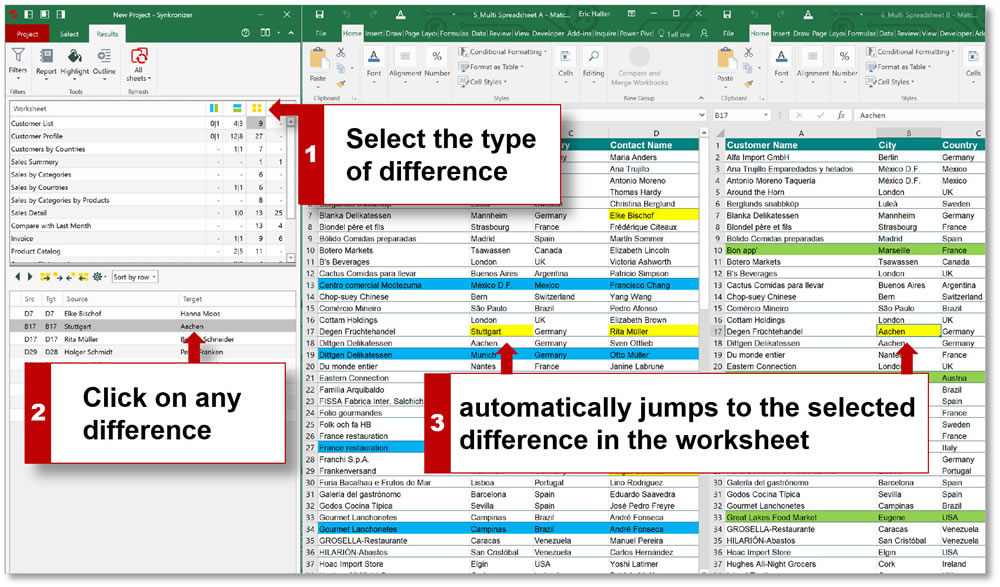How Long Do Banks Retain Real Estate Loan Documents?

The management of real estate loan documents by banks is a topic of interest for homeowners, realtors, and potential buyers alike. Understanding how long these records are retained can help in various scenarios, including when disputes arise or when there's a need to review past transactions. Here, we'll delve into the specifics of document retention policies, the reasons behind them, and how they might affect you or your real estate dealings.
Banks and Document Retention Laws

Banks are regulated by several laws regarding the retention of documents. Here are the key statutes:
- The Truth in Lending Act (TILA): Requires banks to retain evidence of compliance with loan disclosures for at least two years after the loan’s consummation.
- Equal Credit Opportunity Act (ECOA): Mandates retention of documents related to credit applications for 25 months after notifying the applicant of the action taken.
- The Fair Credit Reporting Act (FCRA): Banks must retain credit application information for 60 months for adverse action records.
- Sarbanes-Oxley Act (SOX): Public companies, which include some banks, must keep all records related to financial statements and audits for seven years.
Real Estate Loan Document Retention Policy

While laws set a minimum period, banks often retain documents longer:
- Loan Agreements and Closing Documents: Typically kept for the life of the loan plus an additional period after payoff, which can range from 5 to 10 years or indefinitely in some cases.
- Application and Underwriting Documents: These might be retained for as long as the law requires or for the duration of the loan, typically 5 to 7 years.
- Promissory Notes: Some banks might retain the original note until it’s paid off or returned to the borrower, while others might keep digital copies indefinitely.
- Mortgage Modifications: These records are often retained for at least 5 years post-modification or for the life of the loan.
Reasons for Document Retention

The retention of documents isn’t just about legal compliance; it’s also beneficial for:
- Legal and Regulatory Requirements: Ensuring compliance with banking regulations.
- Audit Purposes: Facilitating internal and external audits.
- Dispute Resolution: Providing evidence in case of disputes, claims, or legal actions.
- Record Keeping: Tracking loan performance, borrower interactions, and servicing activities.
Implications for Homeowners and Buyers

Understanding document retention practices can significantly impact:
- Dispute Resolution: If you encounter an issue with your loan, having records can help you prove your case.
- Refinancing: When refinancing, past records can affect loan terms or rates, particularly if there are unresolved issues from previous loans.
- Historical Data: For those looking to review property history, banks’ document retention can provide valuable insights.
- Home Equity: Accurate document retention ensures that home equity lines of credit are correctly managed.
📝 Note: Always check with your specific bank for their document retention policy, as policies can vary.
Table: Examples of Document Retention Periods

| Document Type | Retention Period |
|---|---|
| Loan Agreement | Life of Loan + 5 to 10 years |
| Application | 5 to 7 years |
| Promissory Note | Indefinitely or until returned |
| Mortgage Modification | 5 years post-modification or loan term |

What to Do If You Need Old Documents

If you find yourself in need of past loan documents, here are steps you can take:
- Contact Your Bank: Start by reaching out to your lender or servicer to request copies of the documents.
- Check for Fees: Be aware that there might be retrieval fees involved.
- Alternative Sources: If your bank no longer has the records, look into title companies, county records, or past mortgage servicers.
The practice of retaining real estate loan documents by banks serves multiple purposes, from compliance with legal standards to protecting both the bank's and the borrower's interests. While minimum periods are set by law, banks often extend these periods for various reasons, including risk management and customer service. For homeowners, understanding these policies can be crucial, especially in situations involving disputes, refinancing, or property history reviews.
Why do banks retain loan documents?

+
Banks retain documents for compliance with legal and regulatory requirements, dispute resolution, audits, and to track loan performance and servicing activities.
How can I get old real estate loan documents if my bank no longer has them?

+
You can try contacting title companies, looking into county records, or reaching out to any past mortgage servicers involved with your loan.
What should I do if my bank charges a fee for retrieving old documents?

+
Understand that retrieval fees are common but might be negotiable. Ask if there’s a way to waive the fee or reduce it, especially if the document retrieval is related to an ongoing issue or legal matter.



